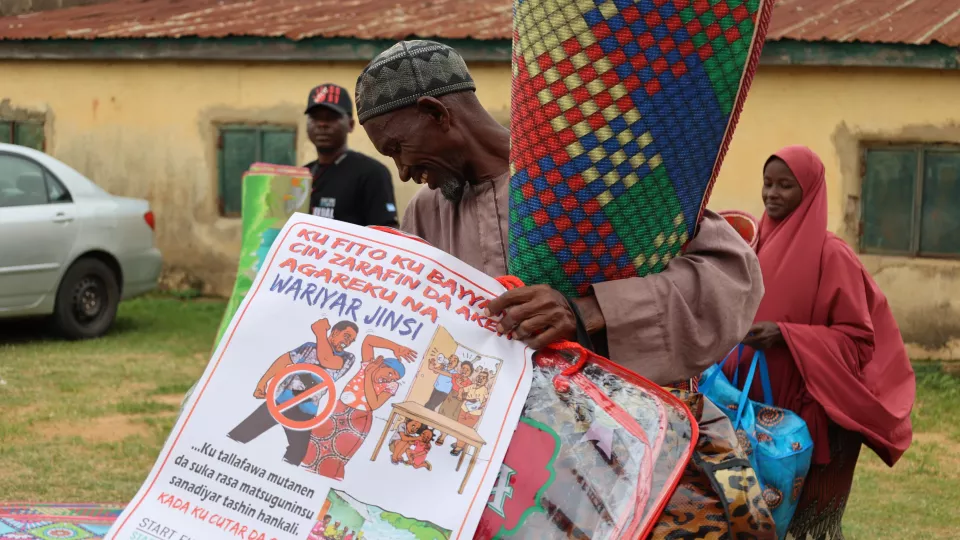
Accountability to Affected Populations: Integrating to Start Funds' processes and programming
For a humanitarian system to be effective and accountable, decision-making power must be in the hands of the people affected by crises.

For a humanitarian system to be effective and accountable, decision-making power must be in the hands of the people affected by crises.
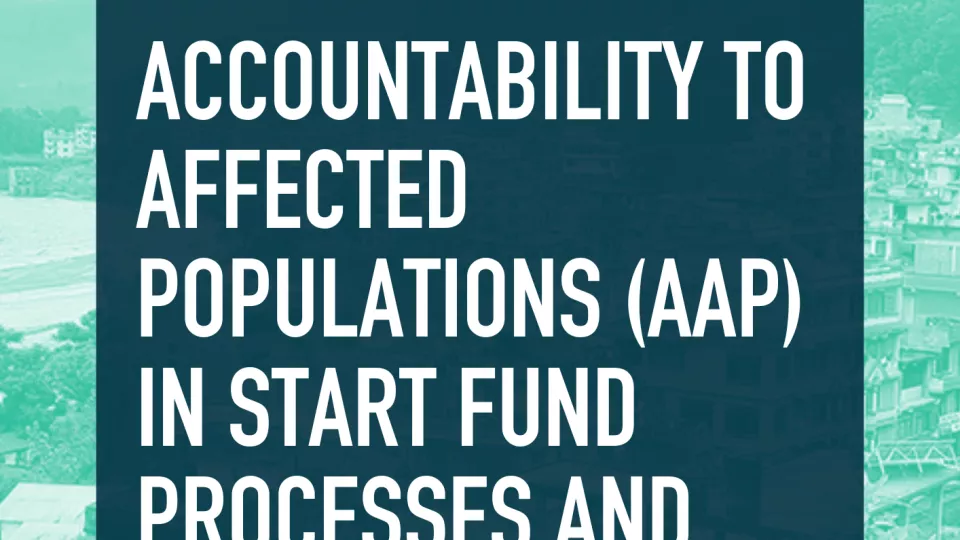
In June 2023 the Start Fund commissioned an annual external evaluation to examine accountability to affected populations (AAP) in Start Fund projects and processes. The evaluation aimed to assess the extent to which accountability principles and good practices can be incorporated into all stages of the Start Fund alert cycle, specifically considering challenges of the short timeframes of 72 hours between alert raising and project selection and 45 to 60 days for project implementation.
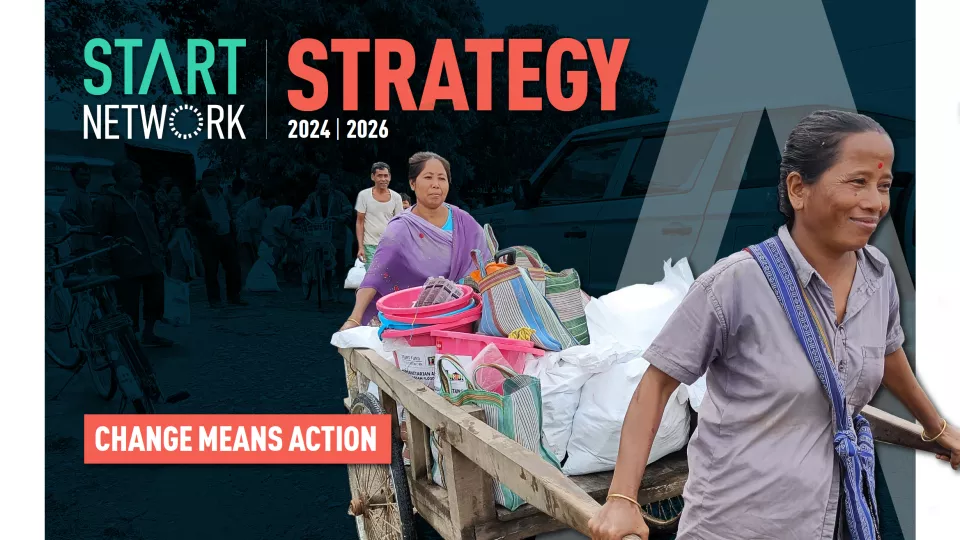
We are excited to launch our organisational strategy for 2024-2026. This focus for the next three years reaffirms our commitment to humanitarian system change, modelled through practical action. We will focus on our key strengths and value offer as a networker, funder, innovator and influencer to help transform the sector into a more equitable, ethical and pro-active in protecting communities.
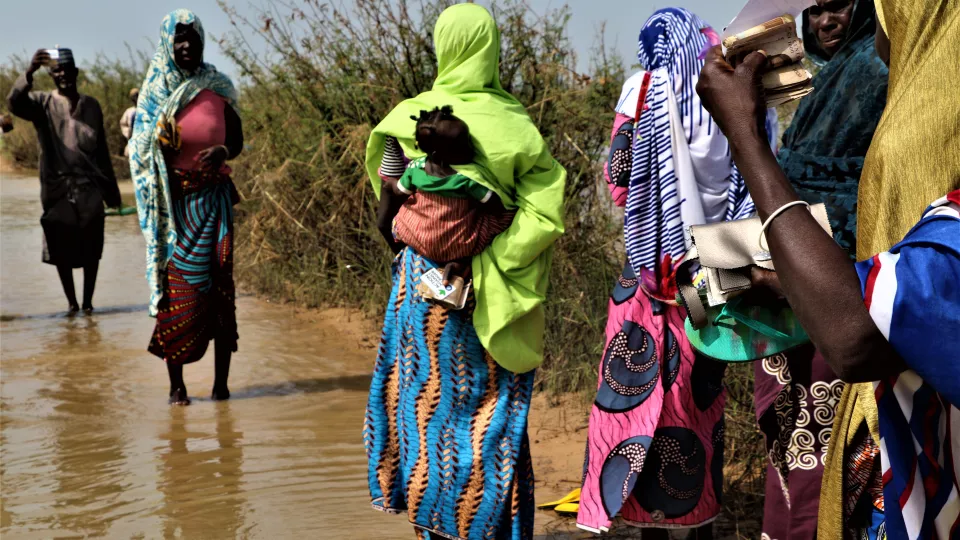
Currently endorsed definitions of accountability to affected people continue to reinforce and be reflective of realities in which humanitarian organisations and donors hold power over crisis affected people...
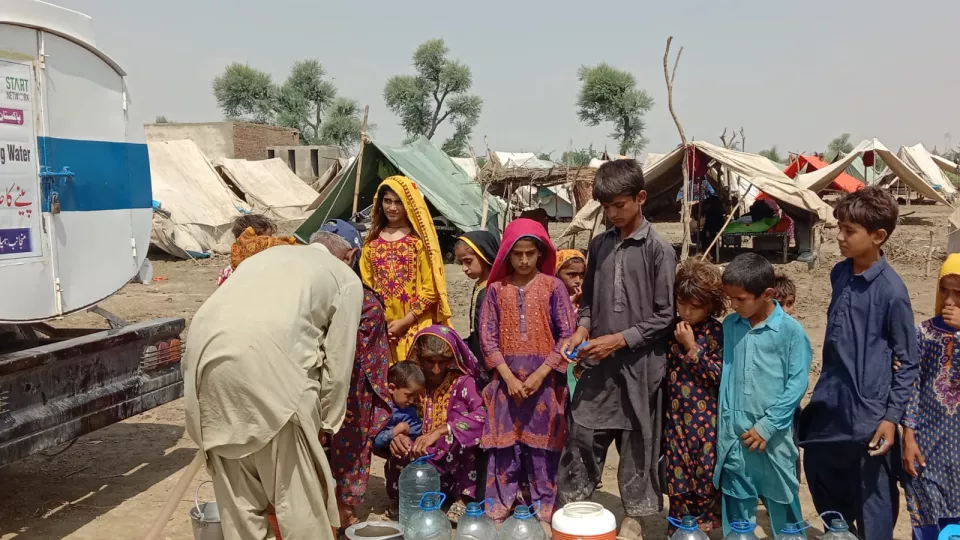
As the world contends with the destruction that Pakistan’s monsoon floods have left in their wake, as well as the cascading impact of an emerging health crisis, some truths regarding the role of local organisations within the sector begin to become more visible.
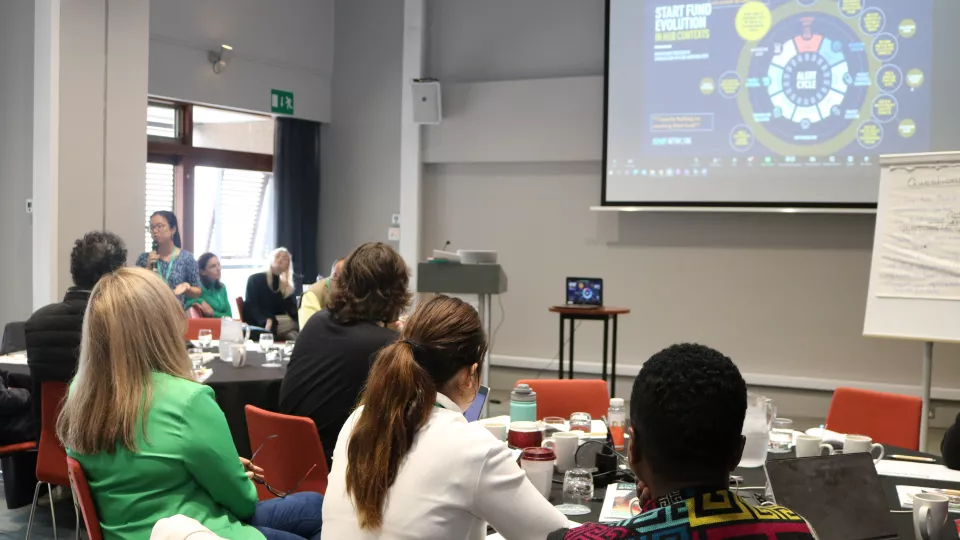
The new course called Risk Analytics in Start Ready DRF is also hosted via Kaya Connect and is offered free of charge covering the 2nd pillar of our Disaster Risk Financing-DRF approach.
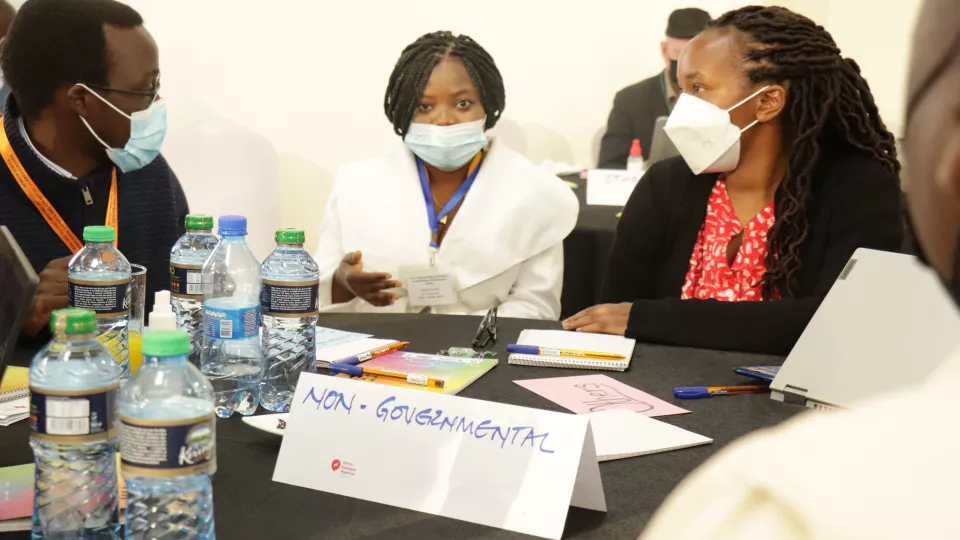
As Western donors and international non-governmental organisations (INGOs), we most often have disproportionate power in relation to local and national organisations.
The Community Led Approaches to MEAL Grant enables people affected by or at-risk of crises to have more of a say in monitoring, evaluation, accountability and learning.
The Start Network Evidence and Learning team completed independent monitoring for a project delivering a 45-day child protection response for displaced children in Kasindi, the DRC.
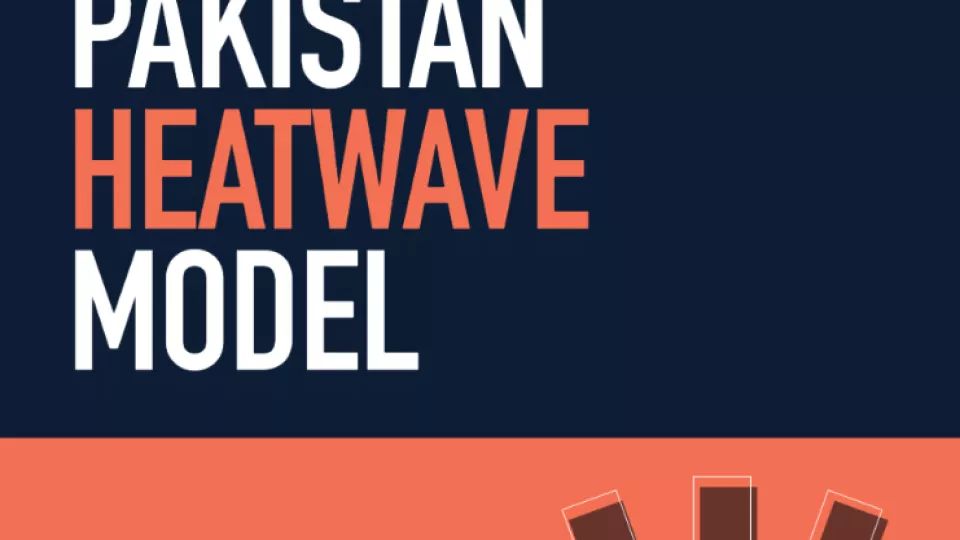
Since 2017, Start Network members in Pakistan, have been developing Disaster Risk Financing (DRF) Systems that allows civil society actors in-country to pro-actively manage disaster risks (such as droughts, heatwaves, and floods). Reducing the impacts of weather extremes and disasters is a fundamental part of building longer-term climate resilience. By quantifying risks in advance of disasters, pre-positioning funds, and releasing them according to pre-agreed plans, enable earlier action and reduce the costs of disasters considerably ensuring that the right assistance reaches the right people at the right time. This is all done through the scientific modelling of hazards, collaborative development of contingency plans and the establishment of pre-positioned financing to enable earlier, more predictable, and better-coordinated assistance to communities affected by predictable disasters.